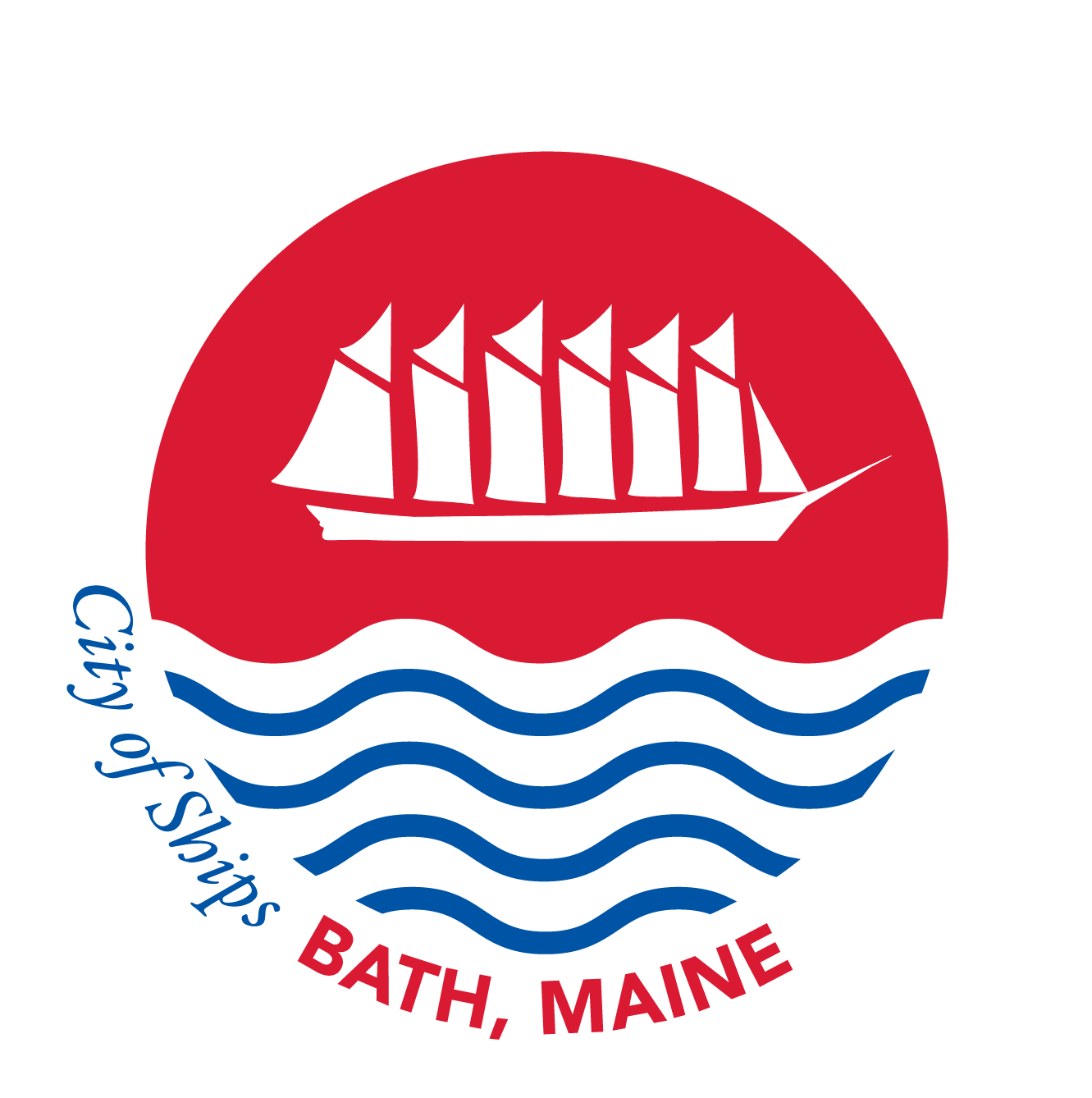Coastal Flooding
.png)
How is the City preparing for climate change? What steps is the City taking to make Bath a more resilient community? What are the City's plans to address recent storms that caused flooding along our coastline?
This page is a hub for information about the City's current coastal resiliency efforts. A Coastal Resilience team, made up of staff leaders across various departments, meets about the City's resiliency plans and actions. Updates are added to this page as new information is available.
Recent Highlights & Updates
December 2024
City of Bath Pilot Project Report - The City of Bath conducted a feasibility and preliminary design for the Washington Street/ Harward Street intersection.
September 19, 2024
GEI consulting will be presenting preliminary engineering concepts focused on the Washington Street & Harward Street intersection. The meeting will be held Thursday Sept. 19th at 6:00pm at City Hall.
August 2024
Gulf of Maine Research Institute (GMRI) publicizes a StoryMap of the Vulnerability Assessment Report.
Access the the interactive map here: Bath Flood Vulnerability Assessment (arcgis.com)
August 08, 2024 - Bath Flood Resilience Checklist & Summary Report-
July 31, 2024 Downtown Coastal Resilience Workshop - The Resilient Bath Climate Action Plan will lay out smart, practical strategies to reduce planet-warming climate pollution (greenhouse gas emissions) and building resilience to the climate change impacts that most affect Bath residents, such as extreme precipitation, increased coastal flooding, and heat waves. Downtown Bath is one of the places that will be most affected by increased flooding due to sea level rise and storm surge. As part of the effort to support Downtown resilience, the City hosted a community workshop to share the findings of a flood vulnerability assessment and flood projection models and discuss resilience strategies with residents. Workshop Recording
Vulnerability Assessment - The City of Bath, Maine retained GEI Consultants, Inc. to assess the vulnerability of infrastructure and open spaces (i.e., wetlands and conserved land) to flooding from storm surge, sea level rise, and extreme riverine events. The purpose of the work was to evaluate present-day flood risk, flood risk in 2050, and flood risk in 2100 and recommend next steps towards adaptation, including timelines for when adaptation measures should be in place to limit the impact flooding may have on people, places, and infrastructure within the City. Flood Vulnerability Assessment Report
April 11, 2024 Coastal Flooding Listening Session - The City held a listening session with direct mail invites to over 300 affected property owners to hear how the winter storms impacted their properties, their daily activities, and their ongoing concerns as it relates to flooding. Planning, Public Works, and Emergency services were in attendance to answer questions, and have a dialogue of how the City may better prepare for these events. Meeting Notes
Exploring Coastal Resilience Solutions - The City is underway on advancing preliminary plans for the Washington St/ Harward St. inundated road area that impacts over 60 residential homes. Anticipated stakeholder meetings and plans will be completed by Fall of 2024.
New Coastal Flooding Maps - The City is underway in developing interactive Coastal Flooding maps that show streets and neighborhoods vulnerable to flooding due to sea level rise under three scenarios — daily high tides, the occasional astronomical high tide, and major storms — over the next 25 to 75 years. The City is developing the maps in collaboration with GEI consultants (engineers who provided the Vulnerability Assessment) and the Gulf of Maine Research Institute.
FEMA Hazard Mitigation Planning - The City is requesting funding to begin the planning necessary to better understand the options available for how we deal with our flooded areas throughout the City. This will likely be a long endeavor with many phases to develop detailed plans that address the localized impacts.
Climate Action Planning - The City is underway with the Resilient Bath planning effort that will engage the community in planning for climate impacts, and taking action to address climate change.
Additional Resources
